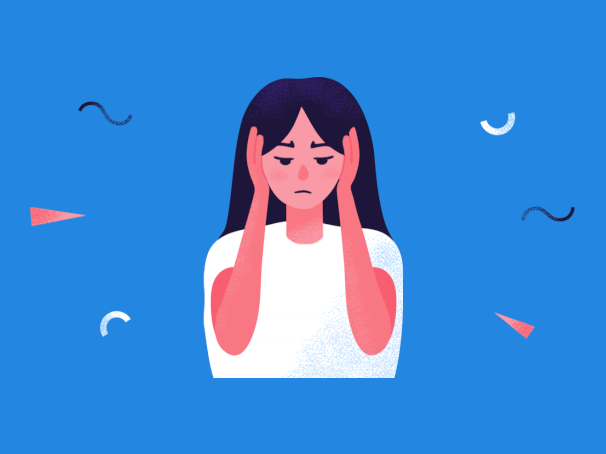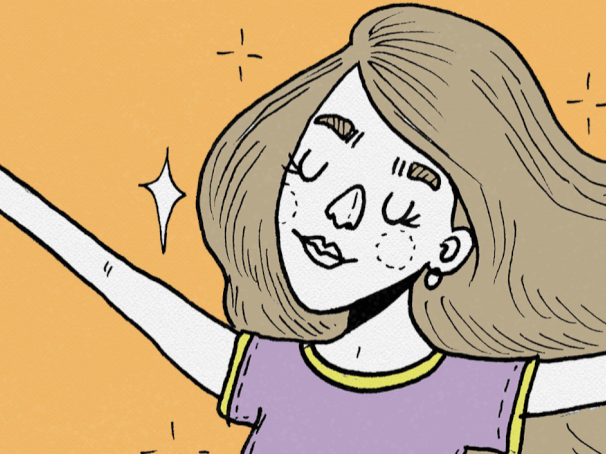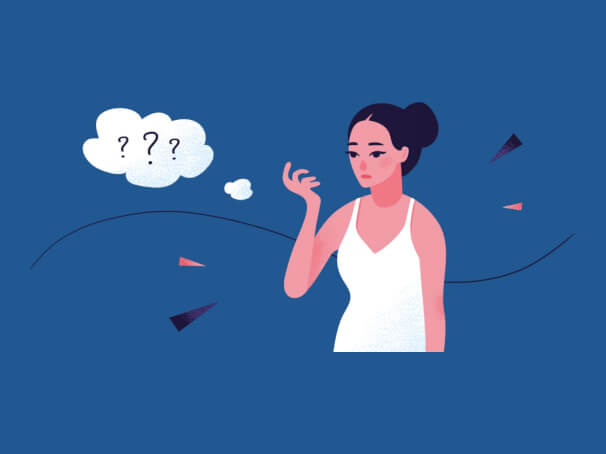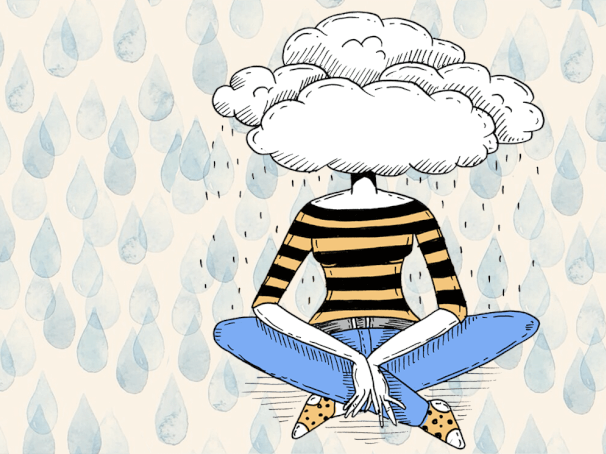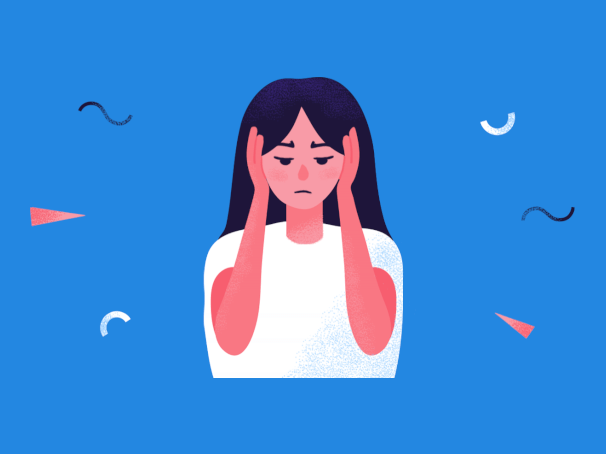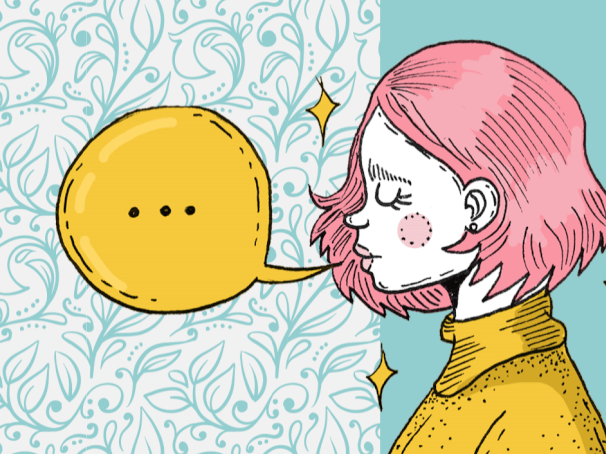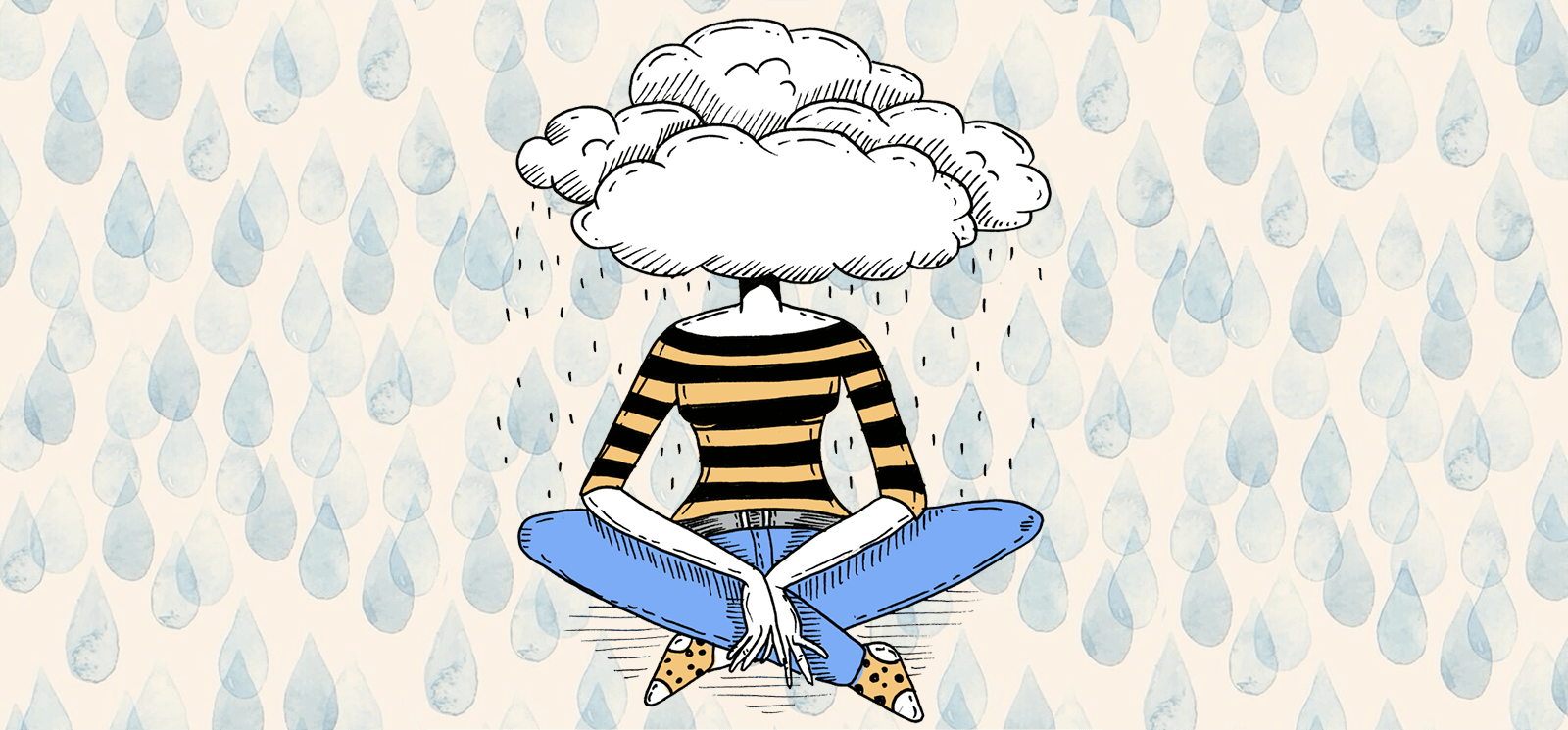
Anxiety can often make you feel like you're going crazy. For some people, the issue may be so extreme that they believe it falls under the heading of "psychosis" which many people take to mean that they have actually gone crazy.
Psychosis and anxiety are technically two different things, but for someone with anxiety they can feel as though have a lot in common. This article explores the idea of anxiety and psychosis and the relationships the two share.
Introduction to Anxiety and Psychosis
Anxiety can be an intensely difficult disorder. It's not simple "nervousness" like it's made out to be. It can cause a host of physical and mental symptoms so severe that some liken it to psychosis.
Psychosis and anxiety are similar enough that some people that use the terms equally. But in reality, they're not that clear-cut. Psychosis is:
- A loss of reality in which the person that is losing touch with that reality is unaware it is slipping away.
- Hallucinations or delusions and difficulty differentiating between these experiences and reality.
- Intense confusion or difficulty completing simple life tasks.
- Severe social and behavioral malfunction.
Interestingly, anxiety can cause similar symptoms. But with anxiety, the symptoms are fairly temporary, and they come and go as the anxiety comes and goes.
What is the Difference Between Psychosis and Anxiety
Psychosis tends to be longer lasting, and in many cases, the person isn't even aware of the loss of reality except for rare moments of lucidity. While the person starts to lose touch with reality, their mind is still treating them like they're fine. They may have anxiety also because the voices, hallucinations, and loss of social functioning can make it hard to control nervousness, but the psychosis itself isn't always something that the person is aware of.
On the other hand, those with anxiety often have a fear of going crazy that comes and goes after periods of intense anxiety and stress. But that fear is what creates anxiety, and in general, the person's fear of losing control with reality tends to go away when the person feels less anxiety.
Although psychosis may occur rapidly in certain circumstances (such as if the person is taking drugs), it tends to occurs very gradually, which is one of the reasons that the person is not necessarily aware that they are losing grip with reality. Rarely does someone simply "snap." There are such things as psychotic breaks, where a person has immediate acute psychosis, but during the break, the person isn't aware of it, and they tend to last a considerable amount of time. There are some exception, such as “Crimes of Passion,” but those with a mental health disorder often live with psychosis in the long term.
With anxiety, feeling as though you're going crazy comes on rapidly, but the feelings may come and go, and doesn't come with the associated severe psychosocial symptoms and behaviors that resemble a true episode of psychosis.
Similarities Between Anxiety and Psychosis
觉得有很多similarities between anxiety and psychosis. One common similarity is the feeling of losing control. This is common among those with anxiety attacks. During an anxiety attack, a person may feel emotionless or have trouble concentrating on the world around them. They may even have what's known as depersonalization - the feeling of watching themselves from afar, as though you're not in your own body.
但是,这些感觉会消失时anxiety attack is over. It's not uncommon to continue to feel as though you're floating outside yourself for hours upon hours on end, and if that did occur, you would likely not be aware of it in a way that would allow you to think to yourself "I feel like I'm going crazy."
It's also possible to experience auditory hallucinations with anxiety, but these are usually mild. It can also be tough to focus or hold on to a thought (this is one of the reasons many feel as though they're losing control), because anxiety and anxiety attacks can make the brain rapidly fire thoughts.
Anxiety Psychosis Treatment
Experts theorize that the reason the brain tends to have psychosis-like symptoms during extreme anxiety is that the brain doesn't know how to cope with extreme stress, and uses some of the symptoms of psychosis as coping mechanisms.
In many ways, stress overloads the brain so strongly that many of its functions shut down in order to be less affected by the stress. Once the anxiety decreases the brain no longer needs to protect itself and the symptoms go away.
So in many ways, part of reducing the psychosis is simply waiting it out.
There are ways to get yourself "back" to reality. Psychologists often advise utilizing your senses to make sure you feel yourself in the present. For example, running your hands under cool water and then focusing on the cool feeling can "snap" you back to the present. Focusing on different objects and describing the colors, smells, and sounds can help too. These activities essentially ground you in reality so that you're not stuck in your thoughts.
But the most important treatment you can implement is to simply control your anxiety. The less severe your anxiety is, the less likely you'll suffer from these types of episodes. Some of the most effective treatments include:
- Therapy - Particularly cognitive behavioral therapy, or CBT, which is highly effective at reducing anxiety.
- Medications - Several medications can address anxiety in the short term.
- Self-help - Finding the right self help techniques and lifestyle changes can be tricky and may differ from person to person, but there are effective options.
No one should have to live with severe anxiety. Seek the right treatment, and you should be able to reduce the feeling of “psychosis” that anxiety can create.

